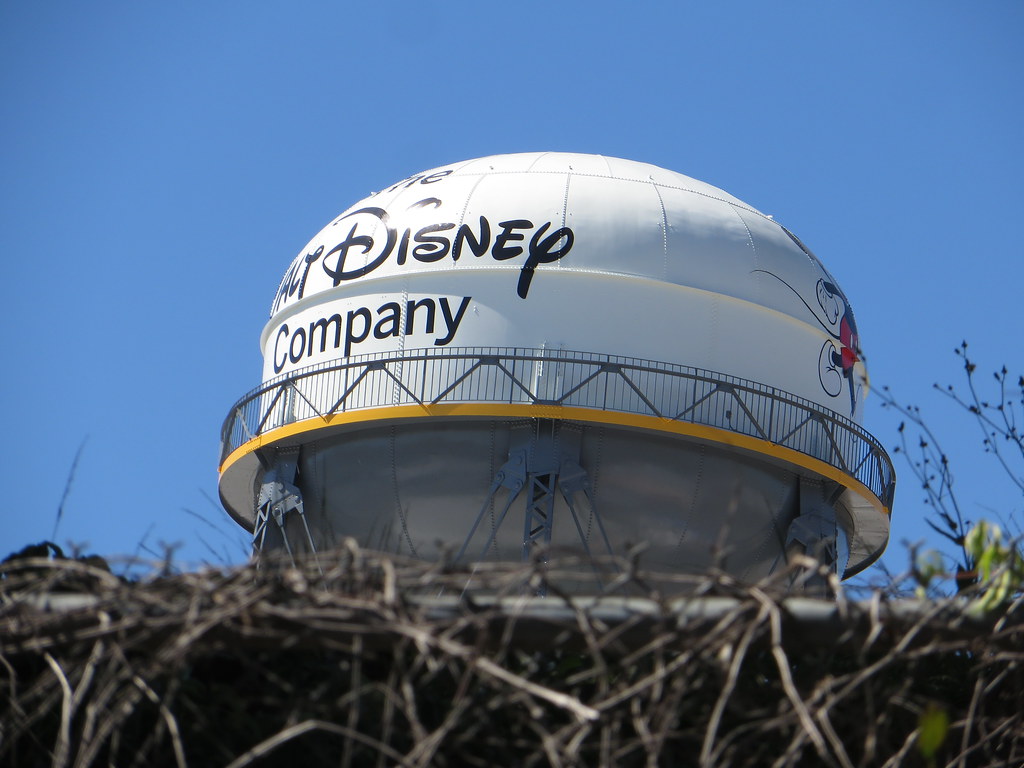
The Walt Disney Company has sent a cease and desist letter to Character.AI, warning the artificial intelligence startup to stop using copyrighted characters without authorization. A Disney spokesperson confirmed the letter on Tuesday. In response, a spokesperson for Character.AI said it has removed the characters mentioned in the letter and that it is “always up to rightsholders to decide how people may interact with their IP.”
The spokesperson acknowledged that while some characters on its platform are original creations, others are “inspired by existing characters that people love.” Character.AI, which allows users to create and interact with character-based chatbots, said it wants to partner with the industry and rightsholders to give them the tools to create controlled, engaging, and revenue-generating experiences for their characters. The startup became embroiled in a wrongful death lawsuit last year after the family of a 14-year-old boy alleged he committed suicide after becoming addicted to talking with several AI chatbots on the app, including one named Daenerys Targaryen.
A Legal Precedent in the AI Boom
The letter from Disney is the latest example of how media companies are working to protect their intellectual property in the wake of the AI boom. Disney is already involved in an ongoing lawsuit against AI image creator Midjourney, alleging that the company improperly used and distributed AI-generated characters from movies such as “Cars,” “Toy Story,” “Shrek,” and “The Avengers.” The company is not the only one facing scrutiny. Earlier this month, a federal judge preliminarily approved Anthropic’s offer to pay $1.5 billion to settle a class-action lawsuit with a group of authors who claimed that the company had illegally downloaded their books and others from pirated databases to train its AI models.
Google inked a $2.7 billion licensing deal with Character.AI and hired its founders in 2024. The cease and desist letter from Disney and the lawsuit from the Anthropic authors illustrate a fundamental conflict between the rapid development of AI and the protection of intellectual property rights, a conflict that is likely to define the legal landscape for the industry for years to come.
What The Author Thinks
This dispute highlights a central tension in the AI boom: the collision of fan culture and corporate intellectual property rights. While platforms like Character.AI are building a service around the enthusiasm of fandom, media giants like Disney are rightly concerned about protecting their valuable assets. The solution likely lies not in outright bans, but in a new licensing model that allows fans to interact with characters in a way that is both creative and financially beneficial for the creators. This conflict will force the AI industry to move beyond a “move fast and break things” approach and into a new era where partnerships and licensing agreements are just as important as the technology itself.
Featured image credit: Ken Lund via Flickr
For more stories like it, click the +Follow button at the top of this page to follow us.
